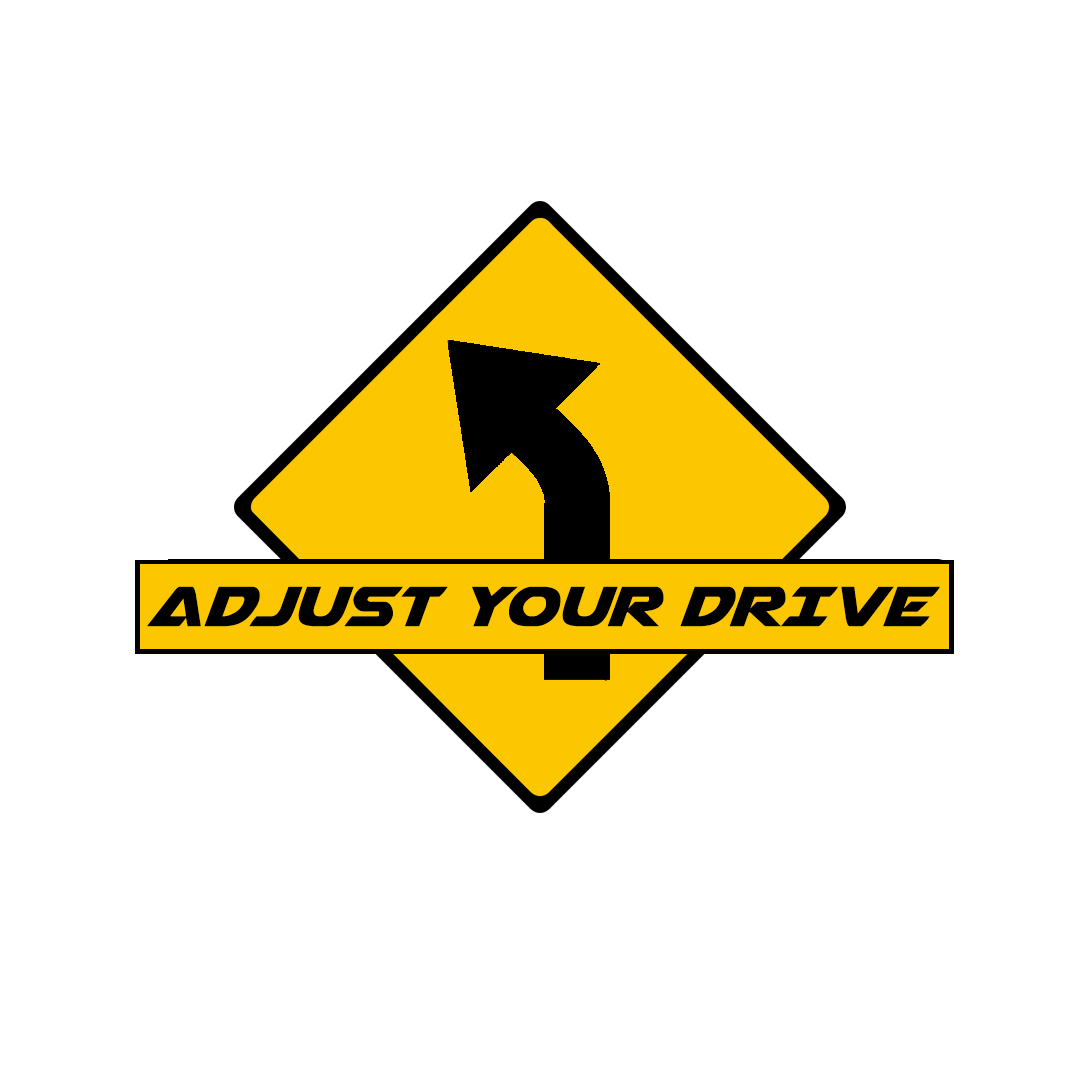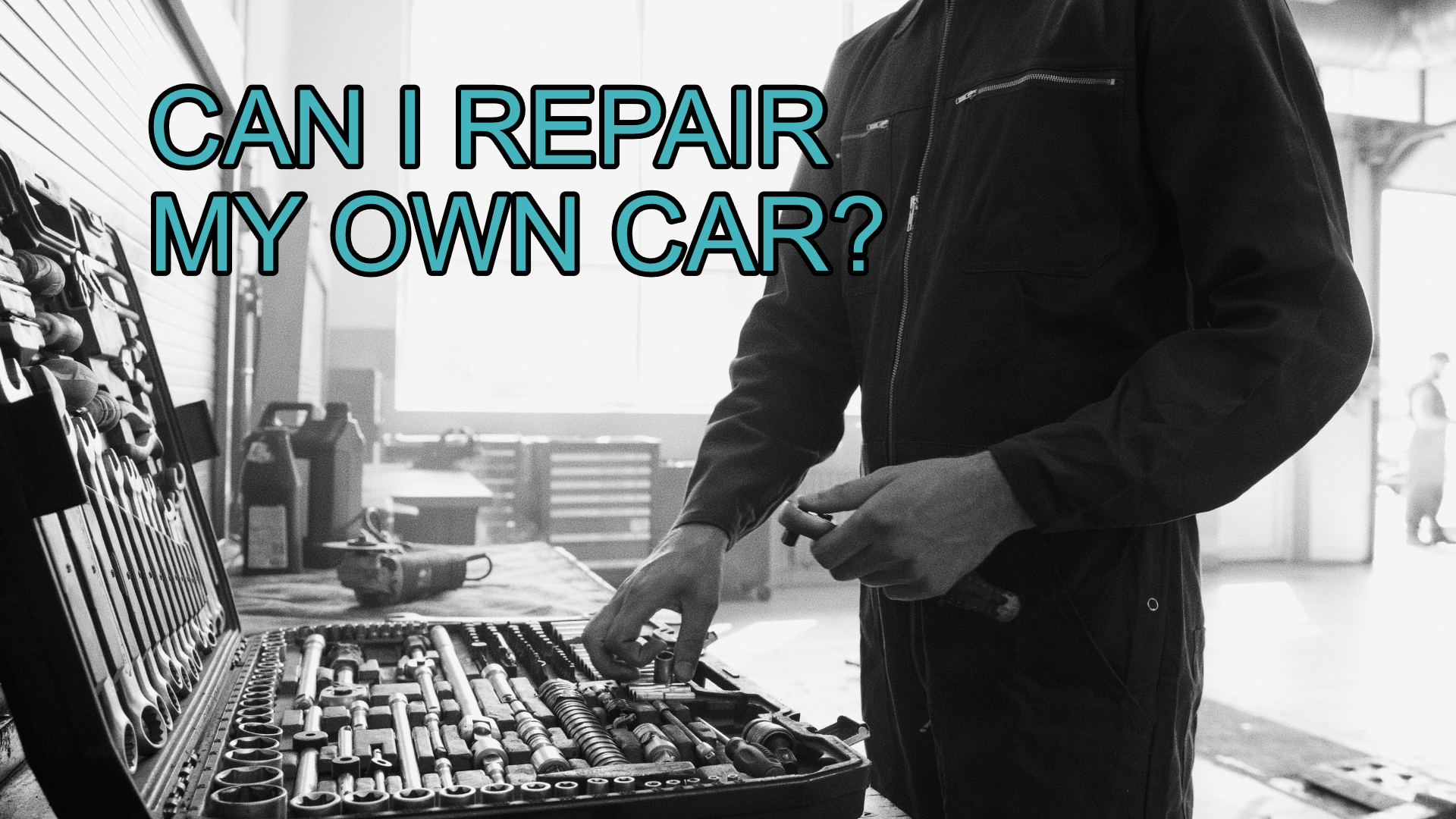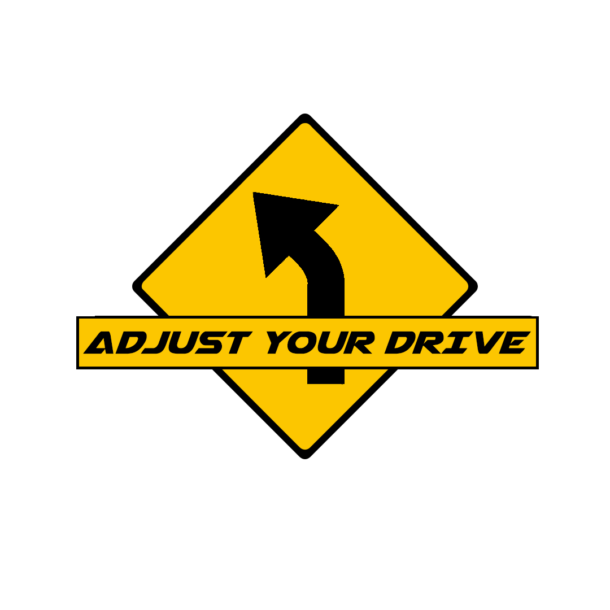So you’ve been in a car accident. You’ve contacted your auto insurance company and opened a claim, and they’ve probably recommended you to an auto repair shop.
But you’re a car person. A DIY person. Maybe you think you could do it cheaper than a shop. But with insurance handling the claim, can you do your own repairs on your own car?
The answer is yes, at least in some cases. However, there are more questions you need to ask yourself. Do you actually have the skills to handle the scope of the vehicle damage? Do you have the tools and facilities available? Are you familiar with repair estimates and auto repair business practices? You will need to be comfortable with all these aspects in order to be successful.
If Your Car is Financed
If you have a loan on your vehicle, your finance company has an interest in seeing professional repairs done. Your loan agreement likely requires it.
In addition, your lienholder should be listed on your auto insurance policy. When you have a lienholder listed, the insurance company has requirements on their method of payment. Any check over a certain amount may need to be a two party check, made out to both you and a specific repair shop. This ensures the insurance money is used for proper repairs, which protects the bank’s investment.
This applies to damage under both collision coverage and comprehensive coverage. If you want to clarify your requirements, it may be best to contact your finance company rather than your insurance agent.
Liability Claims
If you are pursuing a third party claim directly with the insurance company of an at fault driver, they don’t have an agreement with you or your bank. When they cut a claim check for your property damage, they typically don’t care what you do with it. You can use it for vehicle repairs, you can buy a different car, or you can spend it on comfort food.
However, if your car is financed, your agreement with the bank still applies. It’s just that the at fault insurance company isn’t involved with it. You could be assuming some risk by completing your own repairs.
You should also know that their payments are subject to their policy limits. If they have minimal policy limits, you may need to use your own collision coverage in order to cover the full cost.
If You Own Your Car In Full
The best case scenario is that you own your car outright, and you have collision coverage with your own insurance company. This covers the cost of repairs, up to the actual cash value of the vehicle. Your insurance provider will pay you for the damages, and it’s up to you how you want to use that money.
If your car has relatively minor damage, it’s less of a risk to do your own repairs. If there is more major damage, then there is more risk of running out of time, money, skill, space, etc. And if you have to take it to a repair facility, your insurance company is not going to pay the claim again. You will bear the financial responsibility for finishing or repeating the repairs.
The Repair Process
Because of the risks associated, it’s important to know what you’re getting into before attempting your own repairs. Your auto insurer has a specific claims process that you will need to work within. That process is built around professional body shops. But it is possible to navigate it yourself.
Initial Estimate
First, an insurance adjuster will complete the initial estimate. Depending on the claim, this could be an in-person inspection, or a virtual inspection (such as photos or video).
People often freak out thinking the first estimate is way too low. That is because insurance only writes the estimate for what they can see. What they can visually verify is damaged.
And they typically write for best case scenario. Sometimes it’s hard to know exactly what process will be needed to bring the vehicle back to pre-loss condition. The adjuster will start with the lowest cost option. They will only agree to higher cost options when they are shown to be necessary.
What Parts Are Owed
If your car is not brand new, insurance doesn’t owe for brand new parts. If your vehicle is ten years old, all the parts were ten years old before the accident. Insurance will pay the cost of a similar aged replacement part, usually from an auto recycler.
Depending on availability, they may also opt for an aftermarket replacement part. Ordering a brand new OEM part is typically the last and most expensive option.
Teardown
After the initial estimate, an auto body repair shop will complete a teardown. This means taking everything apart to assess the full extent of the damage. You will need to complete this yourself.
I have worked a handful of claims where a vehicle owner actually did a pretty major teardown in their garage. It’s a good idea to document everything as you go, taking plenty of photographs of any damaged parts. And do not throw anything away. The adjuster may want to inspect the damaged parts themselves.
Supplements
A supplement is when you add additional damage to the initial estimate. A body shop will typically write their own supplements, listing every additional part or labor process needed, then sending it to the insurance company for approval.
You will need to talk to your insurance about the best way to submit a supplement. If you’re attempting repairs at home, I will assume you don’t have access to professional estimating software. But you may be able to submit photos or video chat as a reinspection. Your insurance could also opt to send someone to your garage to look at it with you.
In this case the insurance adjuster will be the one actually completing the details – parts prices and labor hours. They will need specific information from you, and they will come back with a specific amount. It is then up to you to complete the work within the budget.
There could be several supplements during the repair process. Sometimes you order a recycled part and it comes in damaged, and you have to source a new part. Sometimes a bumper isn’t able to be repaired and needs to be replaced.
Any number of things could change during repairs, and you will need to maintain communication about all additional work needed and the amount of money required. It is common to only know the final repair bill when the repairs are actually complete.
Guarantees
One great thing about professional shops is that they usually have their own warrantees. If they mess something up, they will fix it.
This is doubled for insurance preferred repair shops. If an insurance company recommends a specific shop as part of their network, they typically have their own guarantee on those repairs. If you have a problem with the shop, the insurance company will advocate for you, and ensure you receive proper repairs.
When you do your own repairs, you have no guarantee. There is no one else to fall back on if something goes wrong.
Rental Cars
If you need to use a rental car during the repairs, you should know that insurance will not cover any additional cost due to your repairs taking longer. They will only pay for the amount of rental days that would be needed if a professional shop was doing the repairs.
On the other hand, if you are repairing through a third party liability claim, they may owe you loss of use, even if you don’t use a rental car. Try asking for a loss of use payout. That is typically a set amount per day, multiplied by the amount of days estimated for a professional repair. You can then use that money for transportation or other costs.
Total Loss Reconstruction
A related topic I also get asked about is rebuilding a total loss. If your car is totaled, insurance will pay you the value of your car and nothing more. Be sure to read how to maximize your total loss payment here.
If you own your car outright, you probably have the option of retaining the salvage. This means the insurance company will figure the fair market value of the car, then deduct the salvage value (since they won’t be recovering any salvage amount). You get paid the remainder, and you get to keep the vehicle.
A totaled vehicle, by definition, will be more expensive to repair than it is worth. The most common situations I see asked about are when the owner has a sentimental attachment to the car, they feel their car was in such great condition, or they are just so confident that shop labor is overpriced and they can do it cheaper.
If you have a sentimental attachment, I feel for you. It’s hard to lose a precious item, one that might be passed down from a family member, one that might hold valuable memories. You can attempt to restore it, but you should research state title laws first.
Even if you do fully repair it, you may need to have the state inspect it, and it may be branded as a salvage or rebuilt title, depending on your location. You may also be limited in your options when insuring a rebuilt vehicle.
And if you just think you can do the work that much cheaper than a shop, then good luck. Maybe you are a professional mechanic, maybe you are intimately familiar with repairs. Maybe you have a parts car sitting in your back yard that you can source free body panels from. But unless you have some special circumstances, you should really consider if you are more efficient than a high volume shop with modern tools at hand.
Other Questions
If you have any specific questions about your circumstances, it is always a good idea to look into your legal rights. Many of the options described here depend on your state laws and your financial situation.
Completing your own repairs may affect your car’s manufacturer’s or extended warranty. Be sure to check the details before making your decision.
Do I have to repair at all?
If your car is financed, you are likely required to complete repairs and maintain the vehicle’s overall condition. If you own your car outright, you probably don’t have any requirements. You can sell your car as-is, part it out, do what you want.
But if you plan to drive it with damage, be sure there are no safety issues. Cosmetic damages won’t make a difference. But you should have a professional look it over to be sure it is safe to drive before taking it back on the road.






0 Comments